In the vibrant tapestry of Nigerian cuisine, one ingredient that stands out for its ubiquity and versatility is tin tomatoes. The canned tomatoes have become the dominant in households across the entire country, adding amazing flavor and color to a wide array of dishes, from stews to soups to sauces. Want to know the current market prices of tin tomatoes in Nigeria? Keeping reading
The Importance of Tin Tomatoes in Nigerian Cuisine
Tin tomatoes play an integral role in Nigerian cooking, forming the base for many traditional recipes. Their rich flavor and convenient packaging make them a popular choice for busy households and professional chefs alike. Whether it’s jollof rice, egusi soup, or banga stew, tin tomatoes often serve as the foundation upon which these beloved dishes are built. Despite the current market prices of tin tomatoes in Nigeria many are still including it in their dishes.
Overview of Tin Tomato Production
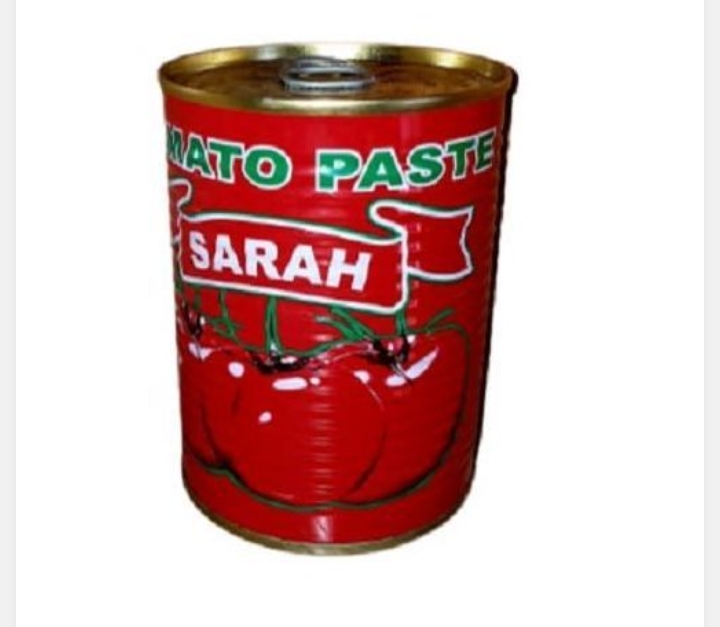
The Process of Manufacturing Tin Tomatoes
Tin tomatoes are typically produced through a meticulous process that involves harvesting ripe tomatoes, blanching them to remove skins, and then cooking them down into a thick puree. This puree is then sealed in tin cans, which help preserve the freshness and flavor of the tomatoes over an extended period.
Major Brands in the Nigerian Market
In Nigeria, several brands dominate the tin tomato market, each offering its own unique blend of flavor and consistency. Popular brands include Gino, Royal Majesty, and Mamador, among others. These brands vie for consumers’ attention through various marketing strategies and product innovations.
Factors Influencing the Price of Tin Tomatoes
Economic Factors
The price of tin tomatoes in Nigeria is subject to various economic forces, including fluctuations in the cost of raw materials, transportation expenses, and exchange rates. In years past, factors such as inflation and currency devaluation have contributed marjorly to rising prices across the country.
Seasonal Variations
The seasonal nature of tomato production also plays a significant role in price fluctuations. During the dry season, when tomato harvests are lower, prices tend to spike due to limited supply. Conversely, during the rainy season, when yields are higher, prices may stabilize or even decrease.
Import Duties and Taxes
Imported tin tomatoes are subject to tariffs and taxes imposed by the Nigerian government, which can significantly impact their final retail price. These duties are often passed on to consumers, making imported brands more expensive compared to locally produced alternatives.
Current Market Prices of Tin Tomatoes in Nigeria
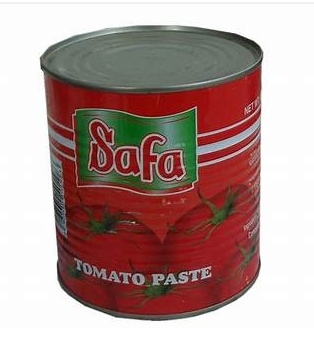
Price Comparison Across Brands
As of 2024, the price of tin tomatoes in Nigeria varies depending on the brand, size, and quality of the product. On average, a standard 400g can of tin tomatoes can range from 1000-1,500 across different brands and retailers.
Read more: How much is Tomato Rice 25kg.
Regional Price Variations
It’s important to note that tin tomato prices may also vary regionally within Nigeria. While urban centers like Lagos and Abuja tend to have higher prices due to increased demand and overhead costs, rural areas may offer more competitive rates.
Impact of Price Fluctuations on Consumers
Budget Constraints
For many Nigerian households, fluctuations and the current market prices of tin tomatoes in Nigeria can pose significant challenges to their monthly budgets. As prices rise, consumers may be forced to allocate more of their income towards essential food items, leaving less room for other expenses.
Dietary Adjustments
In response to price fluctuations, some consumers may opt to reduce their consumption of tin tomatoes or substitute them with alternative ingredients. This can have implications for the nutritional value and flavor profile of their meals, as well as the overall diversity of their diet.
Strategies for Managing Costs
Alternative Ingredients
To cope with rising prices, consumers may explore alternative ingredients or cooking methods that offer similar flavors and textures to tin tomatoes. For example, fresh tomatoes, tomato paste, or even homemade tomato puree can serve as viable substitutes in certain recipes.
Buying in Bulk
Another strategy for managing current market prices of tin tomatoes in Nigeria is to buy tin tomatoes in bulk or take advantage of promotional offers and discounts. By purchasing larger quantities at once, consumers can often secure better per-unit prices and reduce their overall grocery expenses.
Consumer Preferences and Trends
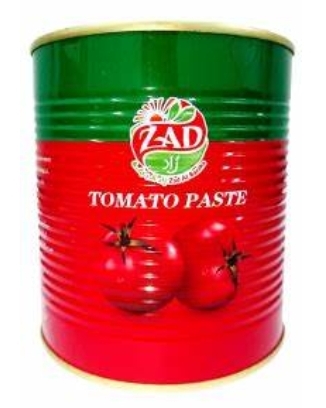
Brand Loyalty
Despite price fluctuations, many consumers exhibit strong brand loyalty when it comes to tin tomatoes, often sticking to their preferred brands regardless of cost. This loyalty may be influenced by factors such as taste, packaging, and perceived quality.
Shifts in Consumption Patterns
In recent years, there has been a noticeable shift towards healthier and more sustainable food options among Nigerian consumers. This has led to increased demand for organic, non-GMO, and locally sourced tin tomatoes, prompting manufacturers to adapt their product offerings accordingly.
Price Controls
To mitigate the impact of price fluctuations on consumers, the Nigerian government has implemented various price control measures aimed at stabilizing the cost of essential commodities like tin tomatoes.
These measures include subsidies, price caps, and regulatory oversight.
The Quality Standards
In addition to price controls, the government also enforces strict quality standards for tin tomatoes to ensure consumer safety and satisfaction. This includes regulations governing food labeling, packaging, and hygiene practices throughout the production and distribution process and also regulate the prices at which they are being sold.
Future Outlook
Looking ahead, the future of tin tomatoes in Nigeria is likely to be shaped by a combination of economic, environmental, and consumer-driven factors. As the population grows and urbanization continues, demand for convenient and affordable food products like tin tomatoes is expected to remain strong.
Conclusion
current market prices of tin tomatoes in Nigeria is influenced by a complex interplay of different factors, including bad economic conditions, seasonal variations, and government policies. While price fluctuations can also pose challenges for consumers, there are good strategies for managing costs and adapting to changing market dynamics. Nevertheless, tin tomatoes will continue to hold a special place in Nigerian cuisine, providing flavor, convenience, and nourishment to millions of households across the country.
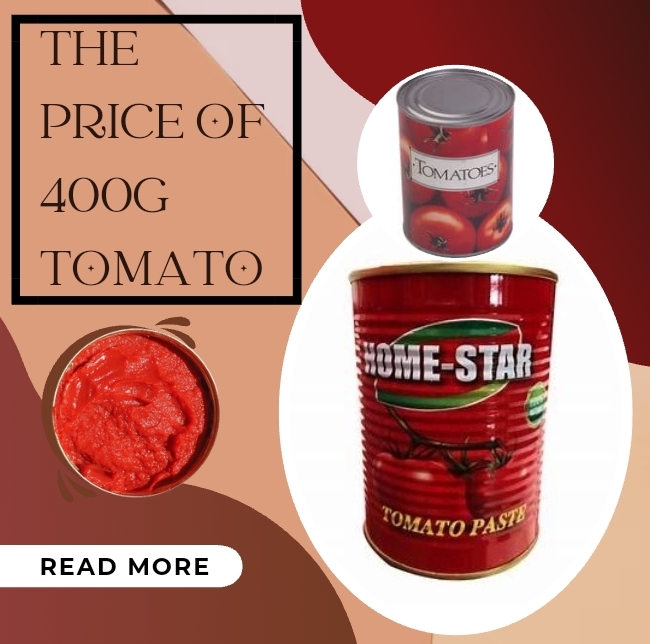
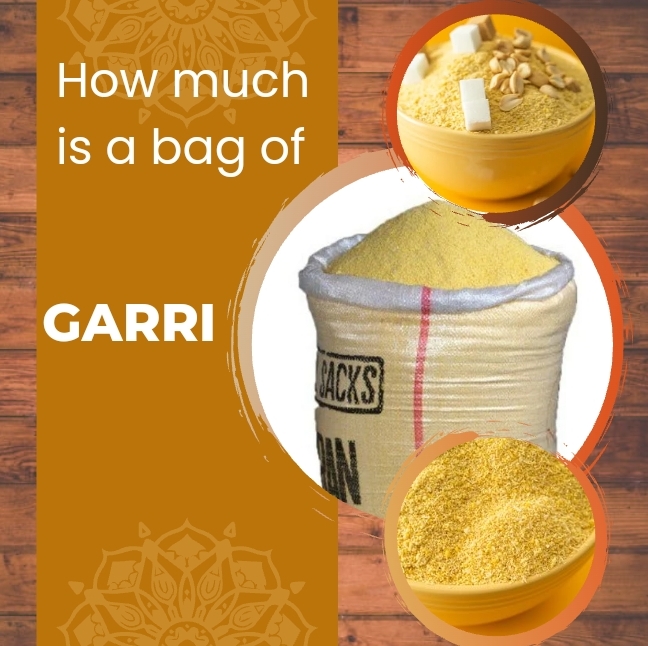





1 comment
Tim tomatoes is 1900 in my side now I bought it last week on Sunday